Tag: Investment News
-
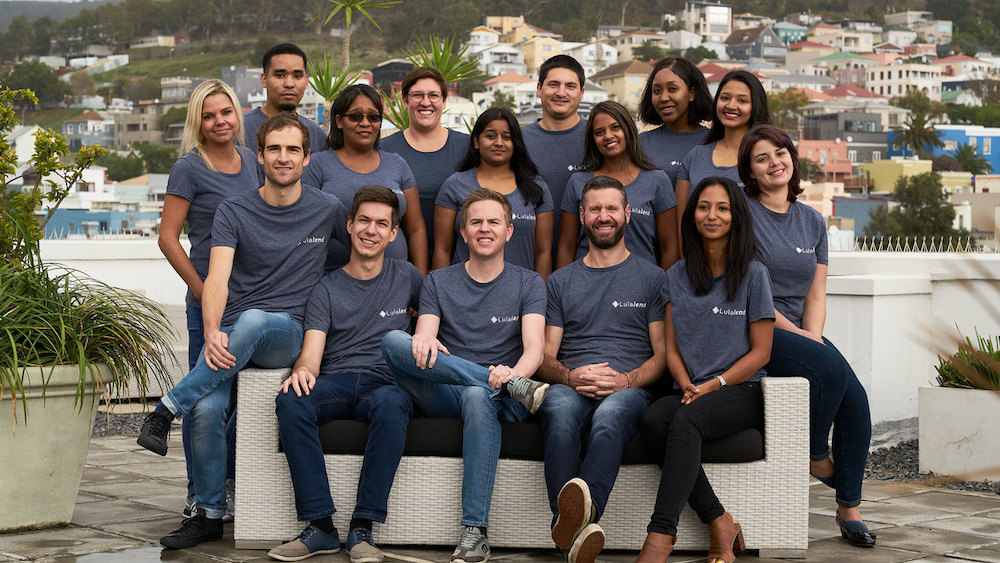
South African Fintech Lula Raises $21 Million from FMO to Expand SME Lending Platform
South African fintech company Lula has secured a R340 million (about US$21 million) investment from the Dutch entrepreneurial development bank FMO to broaden its reach to small and medium-sized enterprises (SMEs) across the country.
-
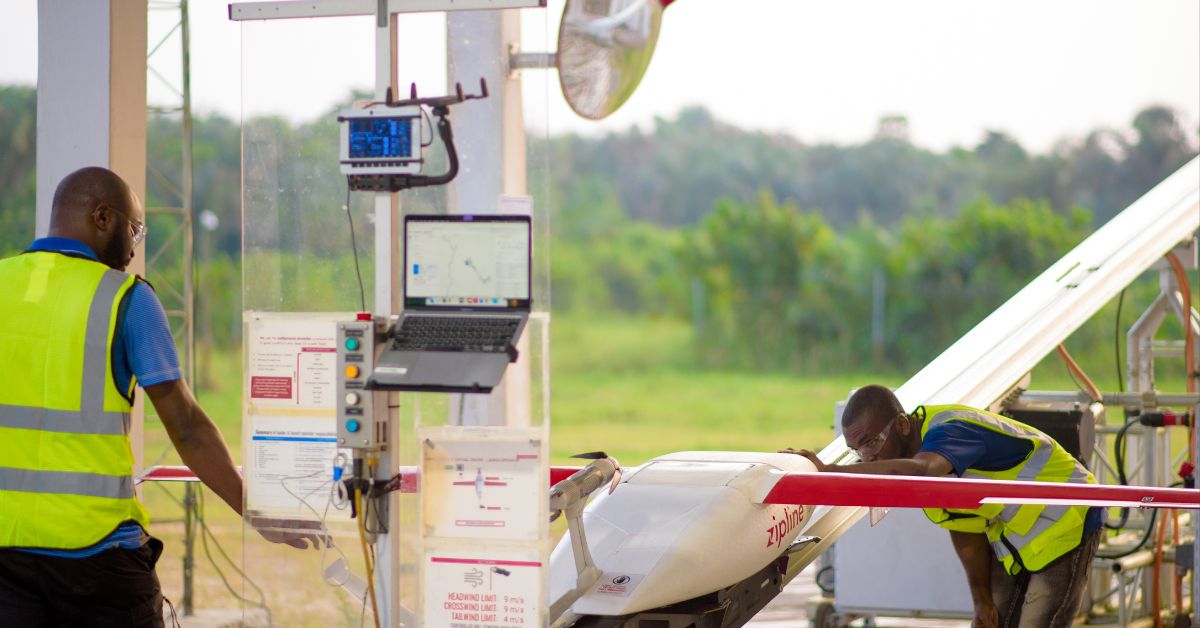
Rwanda Signs $150 Million Expansion Deal With US-Based Zipline for Nationwide Drone Medical Deliveries
Rwanda has reached a major milestone with US drone delivery firm Zipline, signing a new pact that sets the stage for nationwide autonomous medical logistics.
-
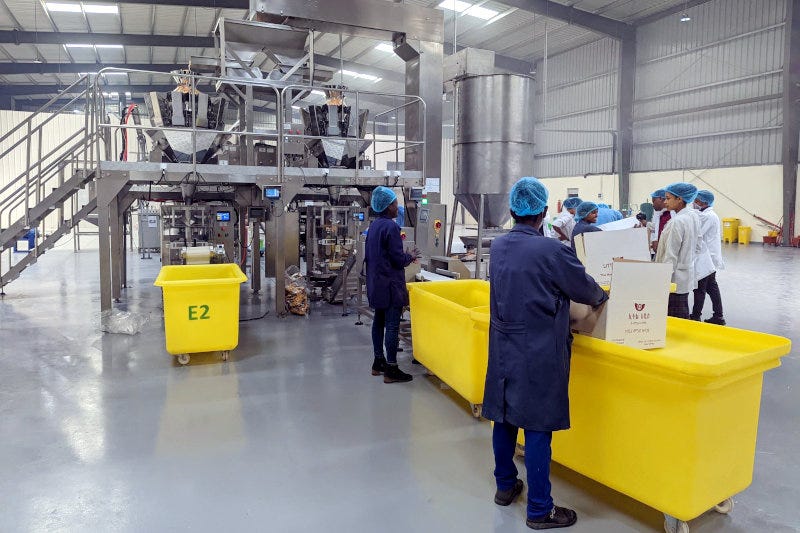
British International Investment Commits $5 Million to Ethiopian Teff Producer Lovegrass
British International Investment (BII), the United Kingdom’s development finance institution, has announced a new $5 million funding package for Lovegrass Ethiopia, a food company transforming the ancient grain teff into consumer products for both local consumption and export markets.
-
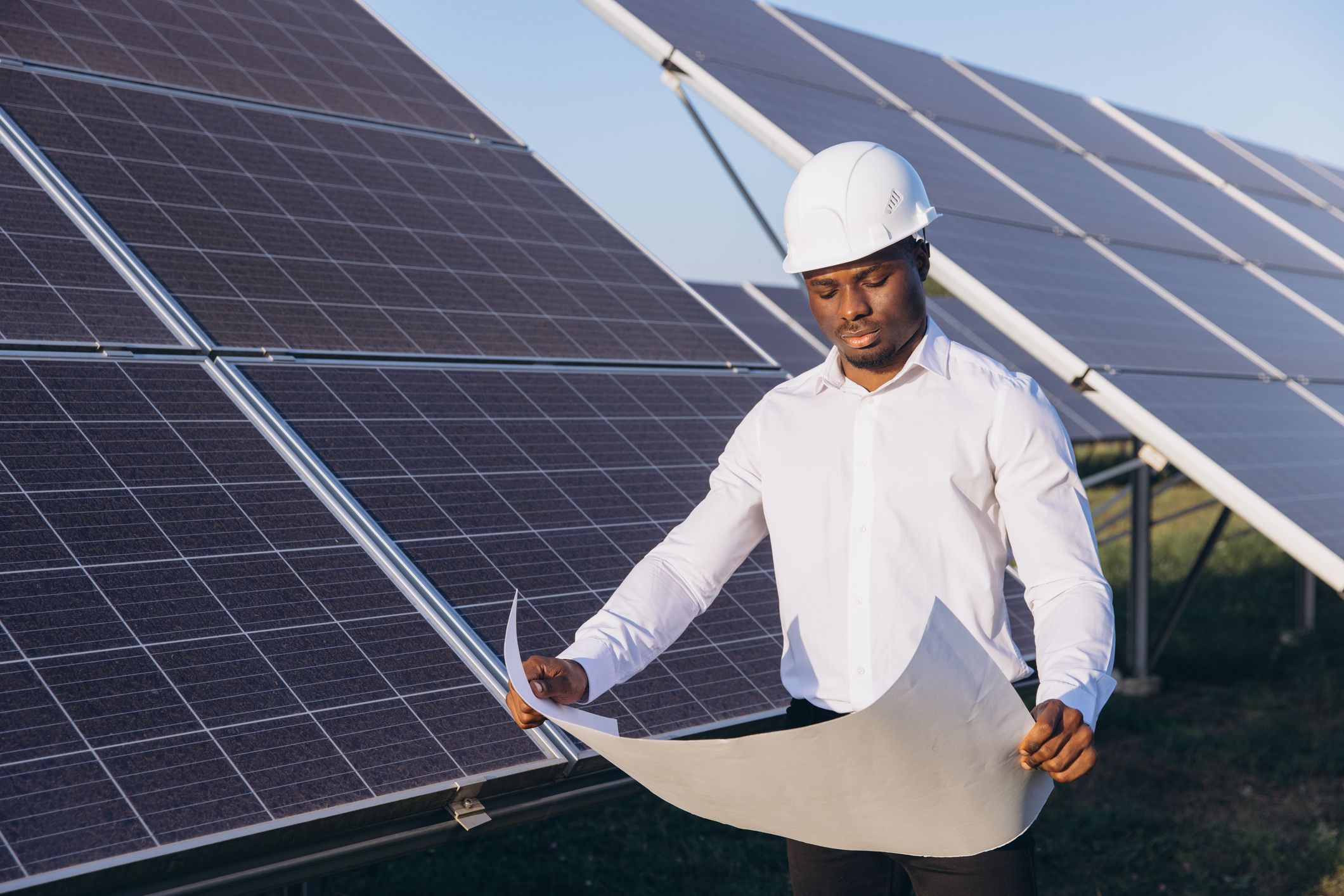
Proparco Backs Helios Climate Fund to Scale Private Investment in Africa’s Green Transition
Proparco, the French development finance institution, has confirmed a new capital commitment to the Helios Climate Fund, a climate-oriented investment vehicle overseen by Helios Investment Partners.
-
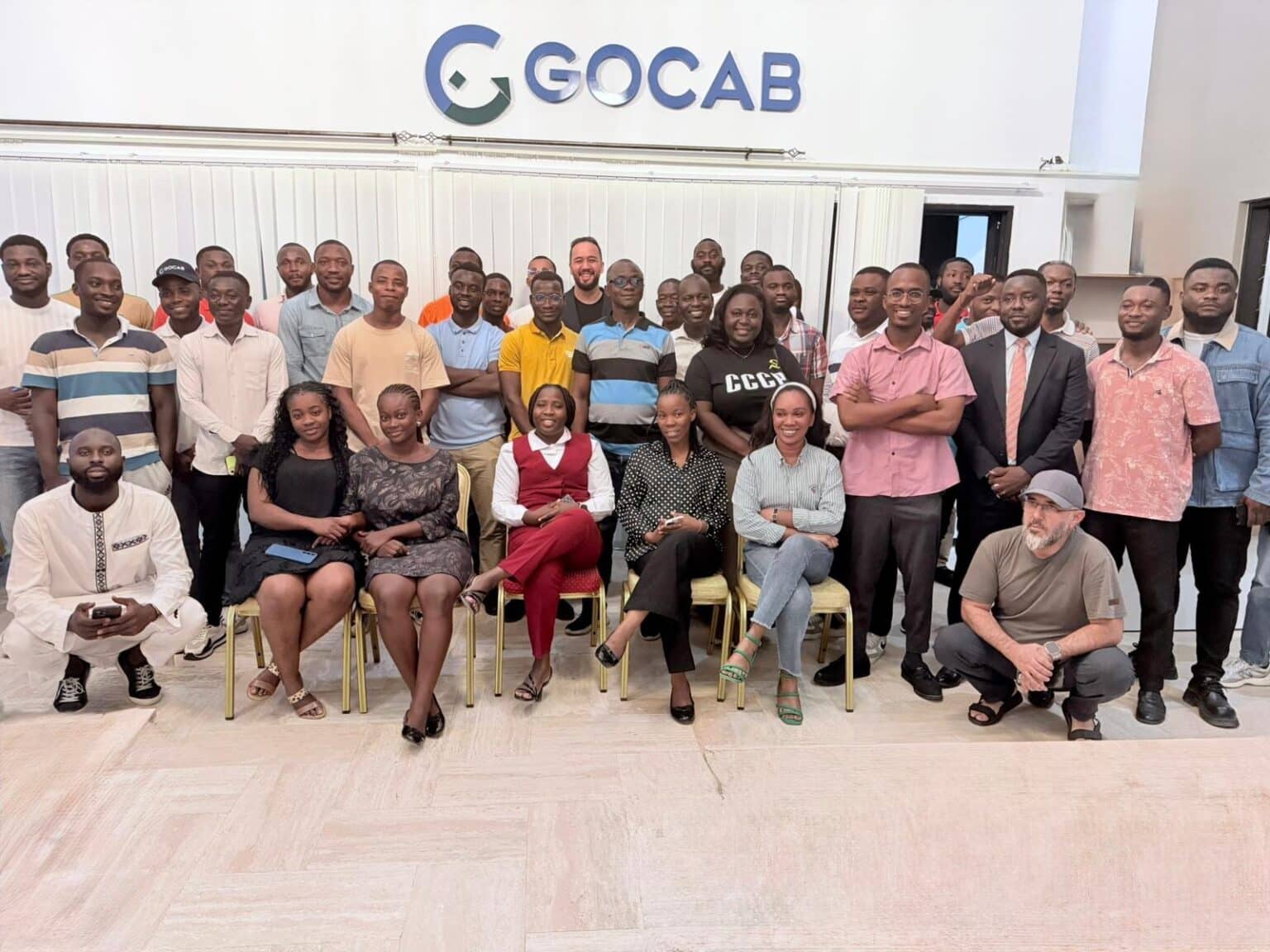
Mobility Fintech GoCab Raises $45m to Scale Driver Ownership and Electric Vehicles Across African Cities
London–headquartered mobility and financial services startup GoCab has announced a $45 million financing package to accelerate its growth across Africa and other emerging markets.
-

EIB Commits $80 Million to Apis Growth Fund III to Expand Financial Services in Africa and Asia
The European Investment Bank (EIB) has confirmed an $80 million equity commitment to the Apis Growth Fund III, a major private equity vehicle led by Apis Partners that focuses on scaling financial services companies in emerging markets.
-

Africa Forecast to Grow by 4.0% in 2026 Amid Debt Pressure and Global Uncertainty
Africa’s economy is projected to grow by 4.0% in 2026, according to the United Nations’ World Economic Situation and Prospects 2026 report.
-
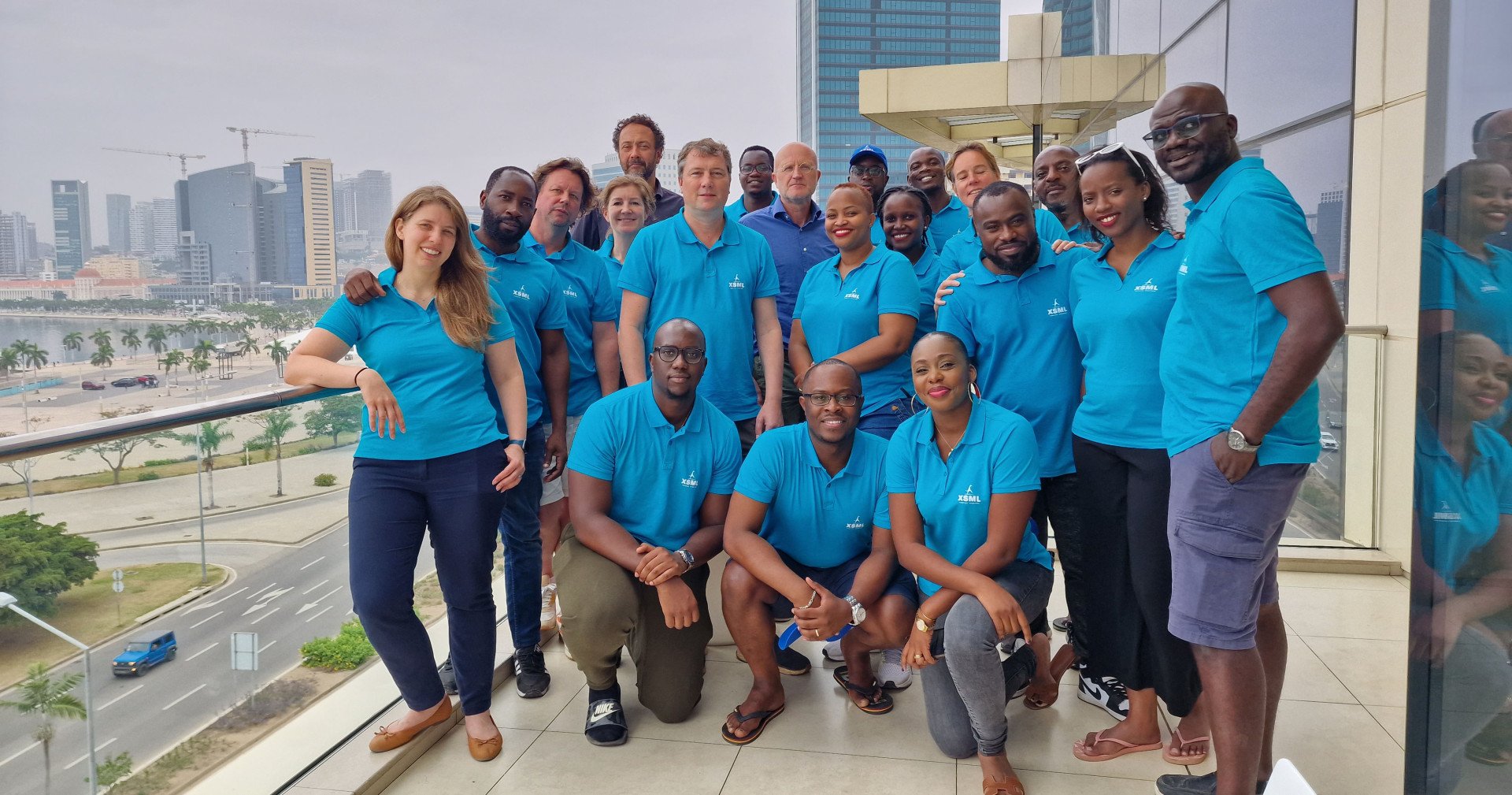
XSML Capital Closes $142 Million African Rivers Fund IV Above Target to Expand SME Financing in Frontier Markets
XSML Capital has closed its latest financing vehicle, African Rivers Fund IV (ARF IV), with total commitments of $142 million, surpassing the fund’s original $135 million cap.
-
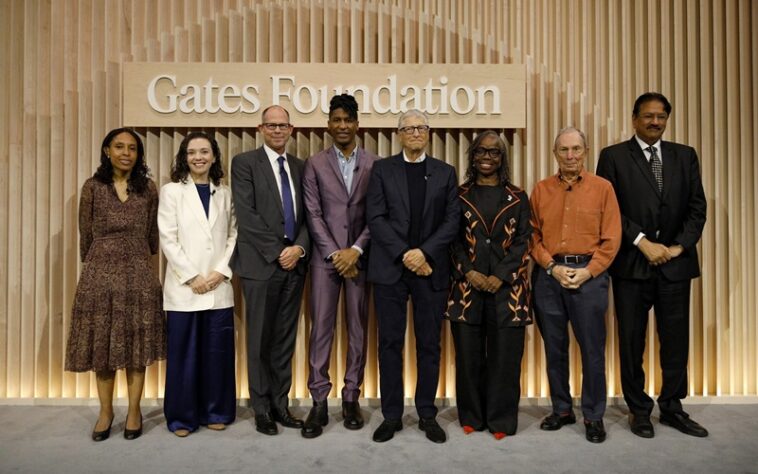
Gates Foundation and OpenAI Launch $50 Million AI Initiative to Strengthen Primary Healthcare in Africa
The Bill & Melinda Gates Foundation and OpenAI have launched a new $50 million artificial intelligence program aimed at strengthening basic health services in Africa, with initial deployment set to begin in Rwanda.